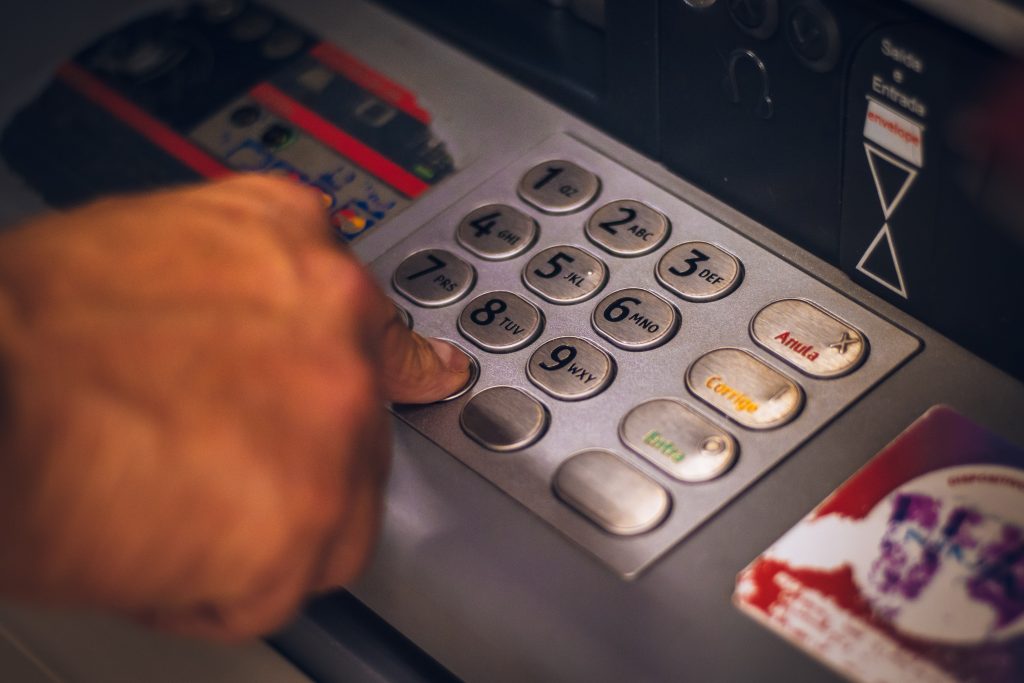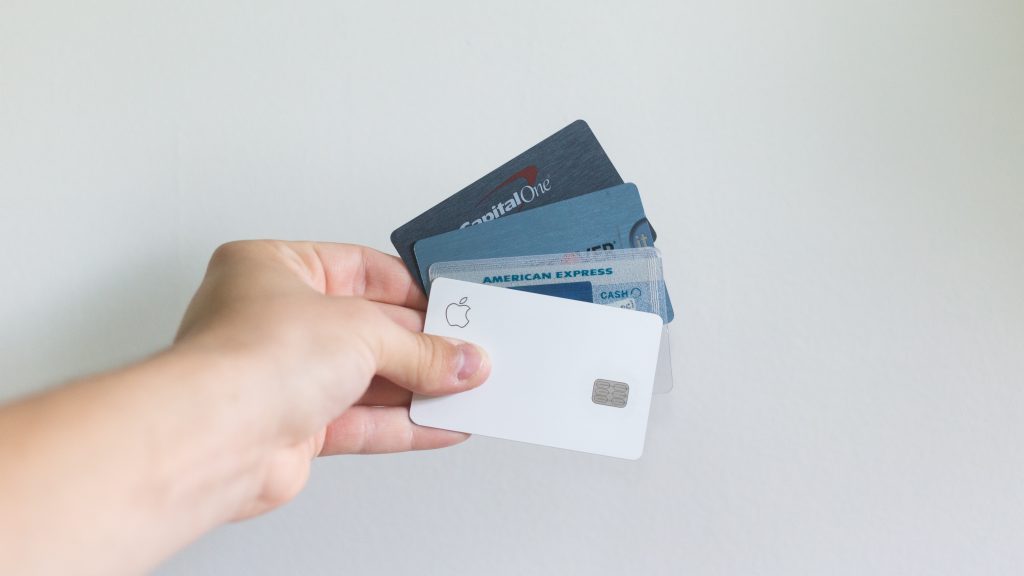This is excerpted from The Daniel Fast for Financial Breakthrough, a continuation of this article.
Bank and Credit Accounts
Many money management experts suggest having multiple bank accounts to keep your funds well organized and designated for the purposes you choose. Consider establishing these accounts if you don’t already have them:
Savings account: This is a place to deposit the money you’ve designated for your long-term savings. After you’ve accumulated a certain amount, you may want to use the funds to purchase growth instruments such as mutual funds or stocks. Your savings account is your “goose that lays the golden eggs.” Don’t kill the goose by using the funds for consumables! Let the account grow and produce over time. IRAs and other retirement accounts are a subset of this category.

Account for fixed expenses: Each month you can deposit the exact amount necessary to pay your recurring bills, including your mortgage or rent, car payment and insurance, utilities, or monthly subscriptions. You can also deposit proportionate amounts to cover bills you pay quarterly or annually. For example, I have a time-share and pay dues three times each year. Each month I deposit a twelfth of the total amount so the funds are there when the dues are scheduled.
Account for discretionary spending: You can also have a separate account for discretionary spending, such as groceries, dry cleaning, gas, personal care, and entertainment. Tracking your spending using these accounts provides order so you can control your expenditures more precisely.
Account for giving: I have a friend who keeps a separate bank account for his charitable giving. He told me that since he started using this practice, he’s given much more, and the joy of depositing and sharing these funds blesses his life.

Credit and Debit Cards
Many money experts also suggest using debit cards as much as possible, as this helps you track spending. Of course, if you’re on a tight budget, this requires good record-keeping so you don’t overspend. Checking your account balance daily helps prevent unpleasant surprises.
You can also benefit from credit cards if you are sure to pay the balance each month. While most businesses accept debit cards in place of credit cards, some don’t, such as hotels and other businesses that provide service before a payment is made. Also, many credit cards allow you to accumulate travel miles, cash back, or other benefits.
Additional Tips
Be Consistent
In an era when most folks feel like they have too much to do, it’s essential to be intentional about developing routines. I have to work on this regularly because I have a lot of interests, plus my work is demanding. Setting up simple routines is the answer to putting off until tomorrow what you should do today! The more frequently you work on finances, the easier it is to catch up if you miss a day.
Consider a Weekly Meeting
A couple I know goes out for coffee or breakfast once a week for a family “business meeting.” They talk about their finances along with other topics about family life. This isn’t a time to discuss emotional issues; it’s strictly business. The communication helps them both stay on track, set goals, and make sure they are working off the same page as they plan their future together. (Of course, if you’re on the Daniel Fast, you may need to adapt this meeting to take place in your home and involve hot water with lemon and Daniel Fast oatmeal!)

Conflict about money is one of the most common reasons marriages break up. This weekly meeting strategy can help you keep the lines of communication clear and make sure both parties are working together for the common good.
Study, Grow, Learn, Get Better
Keeping money management and financial stewardship at the forefront of your mind is a good plan for your success. I’m not saying you should make money your focus or let it become the most important thing in your life. Instead, make sure you’re staying on top of your household business by learning ways to cut expenses, invest wisely, spend smartly, and oversee the possessions God has placed in your care as His steward.
Check out the Tools and Resources section of this book for suggestions of where you can go for more information about home finances, investment, financial planning, and debt reduction.
Looking Ahead
If you’ve read through all of part I to this point, I hope you feel prepared to begin your Daniel Fast. You’ve learned about the background and purpose of the fast, and you’ve started thinking about what a financial breakthrough could look like for you. You’ve studied Scriptures that lay some foundational truths about how God calls us to think about finances. You’re ready to step out in faith into your fasting experience and see how God meets you.
As you begin your fast, make use of the tools and resources in part II, including the daily devotions that will help you keep your spiritual focus through the twenty-one days. Then, when your fast is drawing to a close, come back and finish with chapter 10.
May your Daniel Fast be a blessed time of closeness with your heavenly Father.

Faithful Servant Action Steps
1. Over the next few weeks, get a grip on where you are and where you want to go regarding your financial matters. Create your finance workspace and fill it with the physical tools you’ll need to carry out your work as a steward.
2. Gather all your financial records and devote time to getting things in order. Make it a positive experience by sorting papers while you’re watching a fun movie or developing your spending plan while you’re sipping a healthy beverage and listening to uplifting music. Create a joyful atmosphere as you go about the work as a faithful servant and wise steward of the resources God has placed in your care.
3. Decide on a money management system that will work for you. Keep it simple, efficient, and effective. Remember, the only system that works is the one that you will do. Set up your system.
4. Decide on and plan for a specific time each day or each week you will manage your finances. Try devoting five or ten minutes daily.

The Daniel Fast for Financial Breakthrough by Susan Gregory
Bestselling author Susan Gregory, the popular “Daniel Fast Blogger,” has helped countless readers discover renewed physical, mental, and spiritual health through the 21-day Daniel Fast. Now, in The Daniel Fast for Financial Breakthrough, she leads us on a journey to practice the spiritual discipline of fasting while learning to honor God with our finances. Filled with a detailed fasting framework, more than 70 new recipes, a meal planner, and a 21-day devotional to guide you through the fast, The Daniel Fast for Financial Breakthrough will help you seek God’s guidance for your financial life. You’ll discover both a healthy approach to financial freedom and a healthy dependence on God’s provision.




